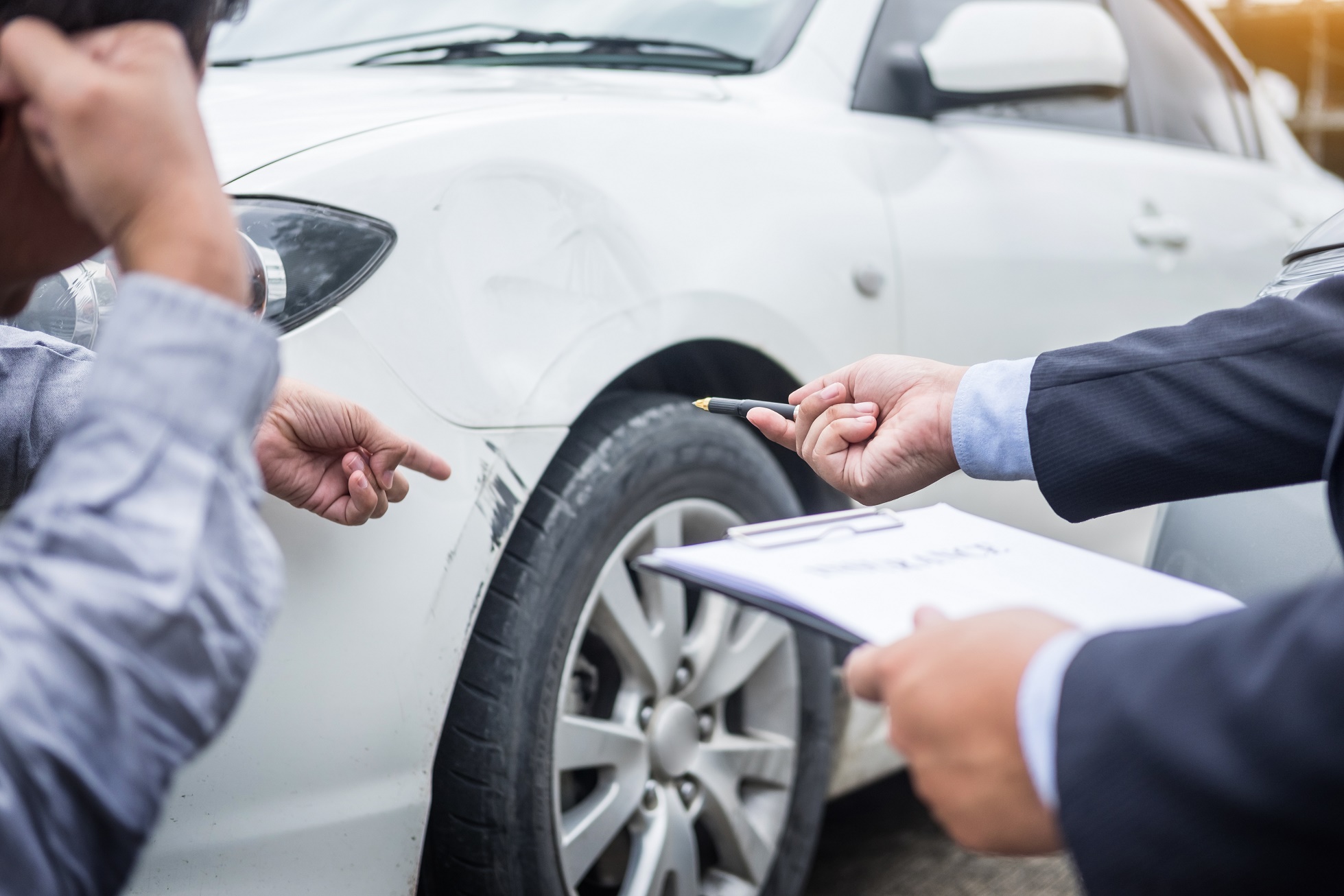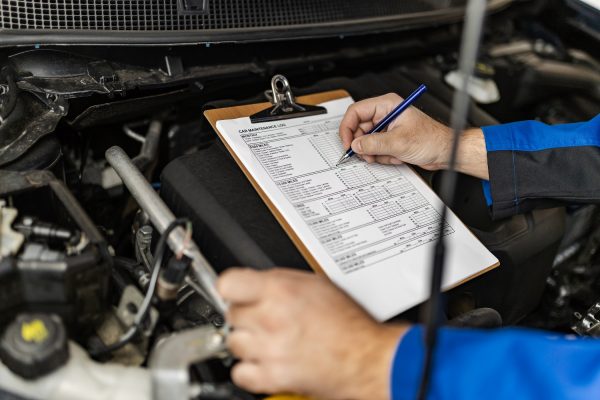It is becoming more and more common for consumers to consider part-exchanging their current vehicle to purchase a new one. It is simpler than selling privately and buying their new car can be completed in one transaction. However, issues can arise when the condition of the part-exchange vehicle differs from what was said at the time of valuation.
As a rule of thumb, we would advise any potential part-exchange vehicles to be thoroughly inspected and test driven before any valuation or contract is drawn up for the purchase of another vehicle. As consumers are not considered motor experts, what they may consider as normal for the car they wish to part-exchange, maybe a big issue for traders when the vehicle is prepared for sale. Similarly, traders are at risk of paying full value for a vehicle that is considered “in working order” but find out after the contract has been concluded, that all is not what it seems.
It is always a good idea to keep a paper trail for any transaction, especially in situations where representations are being made by a consumer. This would also mean you have tangible evidence to provide if an argument ensues rather than relying on previous verbal communications, which would require multiple witnesses to corroborate their claims.
The key takeaway from the above is to NOT conclude any contracts until you have satisfied yourself as to the condition and value of the vehicle.

Available on all your devices via your web browser or the dedicated MotorDesk desktop and mobile apps.








